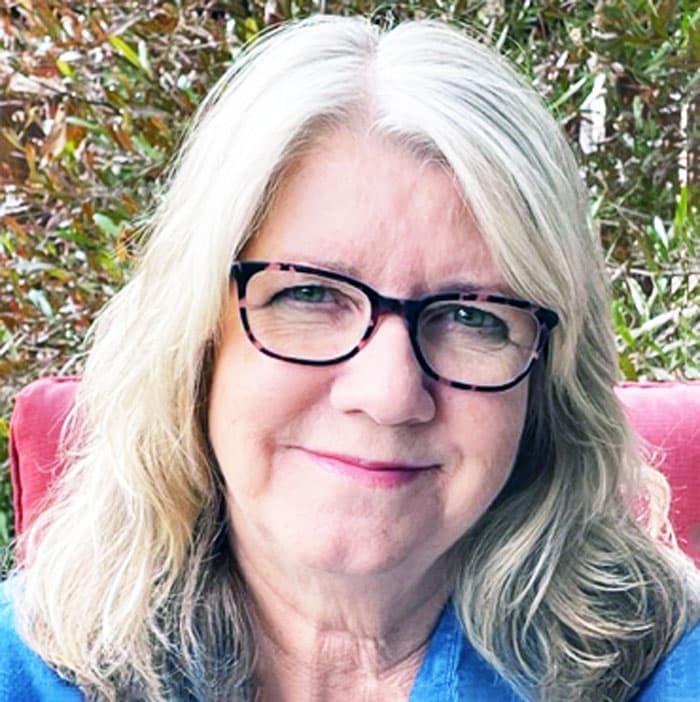she/her
Nancy White
LMFT

Location
Virtual, California
Insurance Accepted
Anthem Blue Cross Of CA, Aetna, Health Net/MHN, Cigna/Evernorth, Blue Shield of California
Communication Style
Action-oriented
Focus areas
ADHD, Anxiety, Burnout, Depression, Family Conflict, Grief, Life Transitions, Stress, Women's Issues
Experienced with
Asian / Pacific Islander community, Parents
Years of Experience
20+
I always want to fully understand what clients are going through by listening and showing empathy and compassion.
License number
#40492
Therapy style
I have been doing therapy for over 20 years and have developed a method for helping others that is compassionate, collaborative, directive, and goal-oriented. I use a cognitive-behavioral model and will help you look at multiple aspects of problems, from environmental factors, stressors, and the “gold” of cognitive therapy, your thinking patterns.
Some might think that Cognitive Behavioral Therapy (CBT) doesn’t give enough credit to our emotions, but this isn’t the case! In fact, the beginning of therapy starts with exploring the painful emotions that bring people to therapy. Before therapy changes can happen and goals can be set, I always want to fully understand what clients are going through by listening and showing empathy and compassion. In a nutshell, I’m describing what is called the “5-part model” in cognitive therapy which comprises environment, physiology, emotions, behavior, and thoughts. With cognitive therapy we will work together to figure out the best place for you to start to make changes: it may be a behavior change, maybe change up your environment, work on your relationships, and will almost certainly include how you think about a problem, and what you might be saying to yourself to fuel difficult emotions.
I am also pretty passionate about helping clients improve their relationships, using a theory of relationships called Family Systems, I will encourage exploring relationship patterns learned in our childhood family and learn how to break some dysfunctional patterns. I also am well versed in communication skills and enjoy teaching new methods, sometimes using role-play in session, to help my clients improve relationships with some basic, even simple, strategies. I also encourage clients to work in-between sessions, this might include communication exercises, reading articles/books, listening to podcasts, and maybe learning a new stress management technique or two!
Approaches
- Cognitive Behavioral Therapy (CBT)
Education
MA - Psychology, Emphasis - Marriage, Family, and Child Counseling, Chapman University